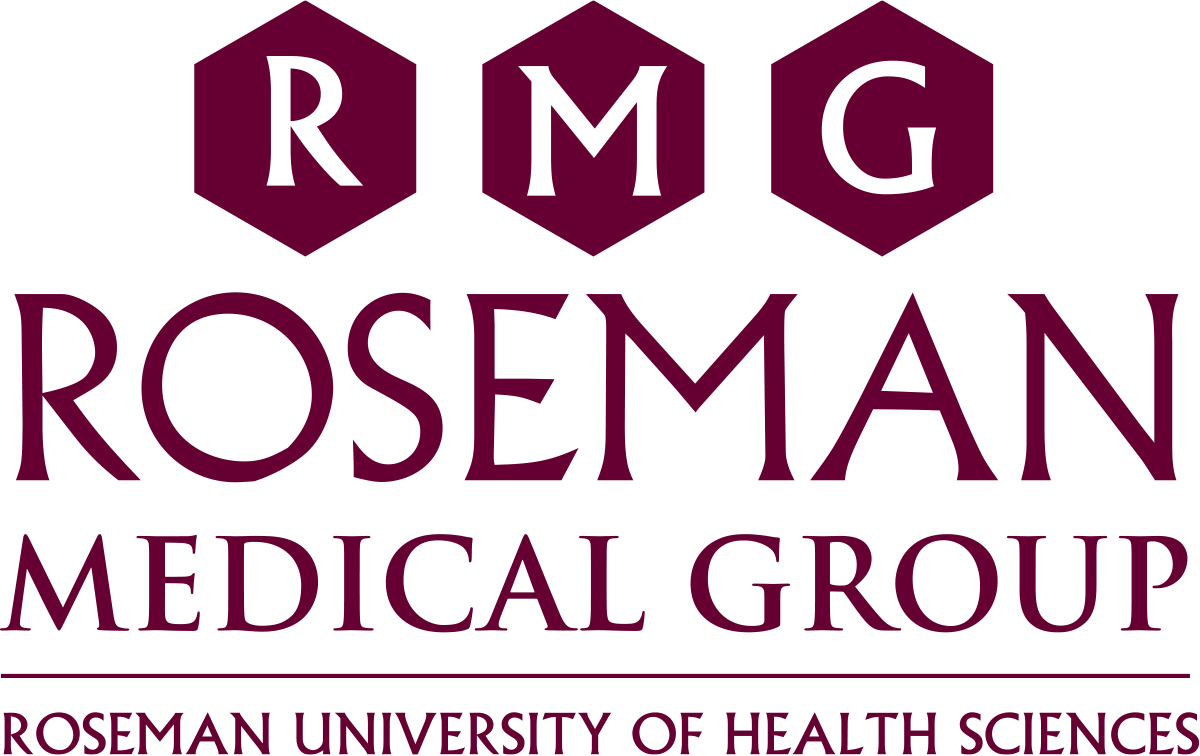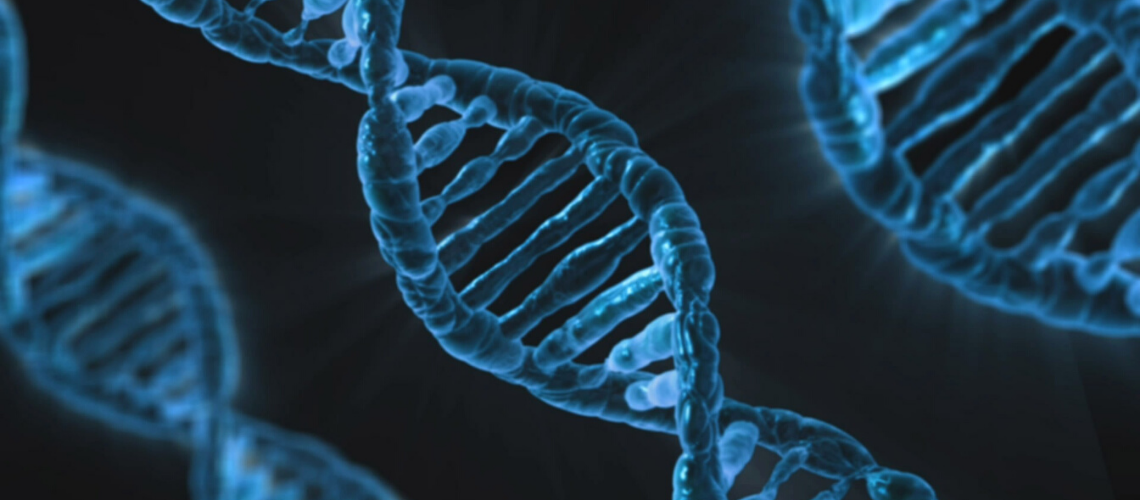On Thursday, February 18th, Dr. David Rawlins, Associate Professor in Roseman’s College of Pharmacy, presented to roughly 60 guests via Zoom for the February Neighborhood Health Series event entitled, “The Stores Your DNA Tells About You: From Your Ancestry to How You Might Respond to a Medication.” This event was made possible by the partnership with Clark County Credit Union, the Series sponsor. The Series was created to bring our community together to discuss important healthcare topics in a supportive and collaborative environment. All NHS events are free to the public, and before COVID-19, were held in person at Roseman’s Summerlin Campus.
The presentation focused on the basics of Genetics including chromosomes and inheritance, Genes, mutations and alleles, Genetic Markers and how we use them, including polymorphisms, forensic investigations, and ancestral tracing and Pharmacogenomics, including what genes impact medications and genes of concerns.
A Review of DNA
Dr. Rawlins opened the presentation of a review of DNA. Our 20,000-25,00 genes contain roughly 27,000 nucleotides per gene and our genes are a segment of our DNA that codes for a functional component of the cell. The gene is considered the “unit of heredity”. Each person has 46 chromosomes that carry the traits that are most evident like hair color and height. Our DNA can be damaged, repaired, and also can mutate. Some of these mutations can be passed down to our children, with a greater likelihood if both parents are carriers. Dr. Rawlins went on to explain mitochondrial DNA and Neanderthal DNA, which has recently been linked to a lower chance of contracting deadly viruses, including COVID-19.
Analysis of DNA Through Test Kits
There has been a proliferation of home DNA test kits, direct to consumer, that allow consumers direct access to their ancestry, to learn more about their genetics, and what diseases they may be more susceptible to, as well as how their genes may determine the effectiveness of certain drugs. Genetic markers provide information that can help identify people from remains or evidence left behind, relatives through ancestral tracing, susceptibility to disease and determine how a person might respond to a medication. While at home kits may yield slightly different results, DNA sequencing is increasing in accuracy. Analysis of our DNA can also show what DNA we share with our relatives.
DNA Provides a Glimpse into Disease
Some DNA variants or polymorphisms are associated with disease and can yield clues on what diseases a particular person need look out for such as the IR gene, which is associated with Migraines, or CNP, which is associated with Autism. Most women have heard of the BRCA gene 1 and 2, associated with higher risk of breast and ovarian cancers. These variants are more likely to be found among people of Ashkenazi Jewish descent. Women who are known carriers of the BRCA gene can work with their physicians to determine if they need greater vigilance or frequency to their preventative care. Some variants are more closely associated with increase susceptibility to COVID-19, and with more dramatic outcomes after contracting the disease.
Response to Medications
Pharmacogenomics looks at how genetic variations change our response to certain drugs. The goal is to then select the best drugs for patients before initiating treatment so that patients have the very best outcomes. This information also helps drug companies in the pursuit of drug development. Pharmaceutical response in a person is determined by multiple lifestyle factors, but genetic factors determine variability in the half-life of drugs in a person. This understanding can help determine the response to drugs including the absorption, distribution, metabolism, and excretion of the drug as well as how the immune system interacts with the drug. These discoveries are impacting how drugs are labeled and screened, and ultimately how drugs may be dosed differently by person. Dr. Rawlins took guests through different gene profiles and demonstrated the differences in how these genes determined different outcomes in a patient based on the prescribed drug and its dosage. As we move forward, more genetic testing may be done as part of a patient’s history and initial screening, but there is also opposition to this.
Learn more about Dr. Rawlins and view the event in its entirety at speakers.roseman.edu.
In closing, one of the best things about this Series is the diversity and engagement of the audience. We enjoyed the participation of prospective students, current students, faculty, community members, all who bring different perspectives. We also welcomed some participants who were scientists themselves and had a very advanced understanding of the material. The interaction and learning at all levels are really very powerful. We hope you can join us in the future!
Roseman Medical Group is passionate about educating the community on topics of health and well-being. Stay informed by attending one of the free Neighborhood Health Series events or browse our blog for more healthcare topics.
Article by Vanessa Maniago


